1. Introduction to the application of magnetic flap level gauges in the food and beverage industry
Magnetic flap level gauges are widely used in the food and beverage industry, but some issues need to be paid attention to when using them to ensure the accuracy and reliability of the measurement results, while also ensuring the hygiene and safety of the production process.
The following will introduce in detail the matters that need to be paid attention to in the application of magnetic flap level gauges in the food and beverage industry.
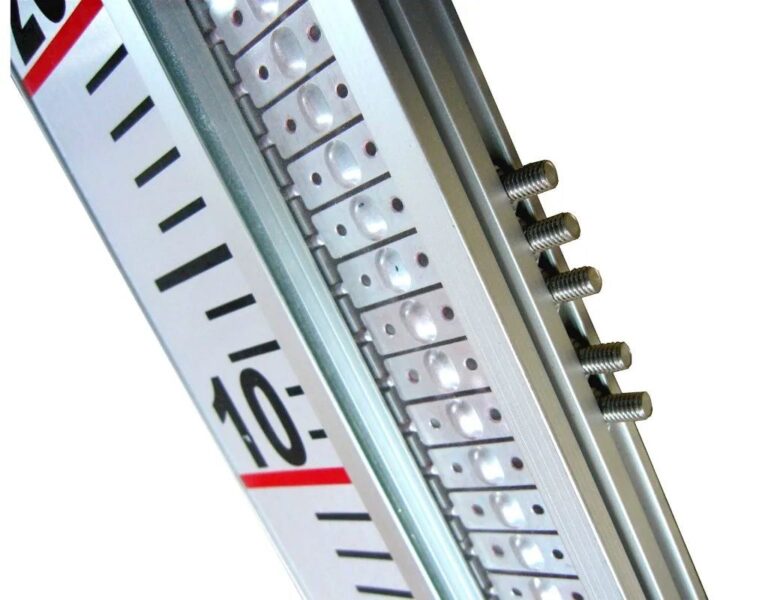
2. Installation, use and safety precautions of magnetic flap level gauges in the food and beverage industry
1). Material selection
Since the food and beverage industry has very high requirements for hygiene, when choosing a magnetic flap level meter, you need to choose a material that meets hygiene standards. Generally speaking, the part in contact with the liquid should be made of stainless steel, such as 304, 316, etc. These materials have good corrosion resistance and hygiene properties, which can ensure that the liquid is not contaminated.
At the same time, the sealing material of the magnetic flap level meter should also be selected from materials that meet hygiene standards, such as food-grade silicone, fluororubber, etc., to ensure good sealing performance and prevent liquid leakage.
2). Installation method
When installing a magnetic flap level meter, you need to pay attention to the installation method to ensure the accuracy and reliability of the measurement results.
Generally speaking, the magnetic flap level meter should be installed on a vertical pipe, and the measurement range should be within the effective measurement range of the level meter.
At the same time, in order to avoid the influence of liquid level fluctuations on the measurement results, a flow stabilizing device can be installed at the installation location of the level meter to ensure smooth liquid flow.
In addition, since the magnetic flap level meter works on the principle of magnetic coupling, it is necessary to pay attention to whether there is magnetic field interference around during installation. If there is magnetic field interference, the measurement results of the level meter may be inaccurate.
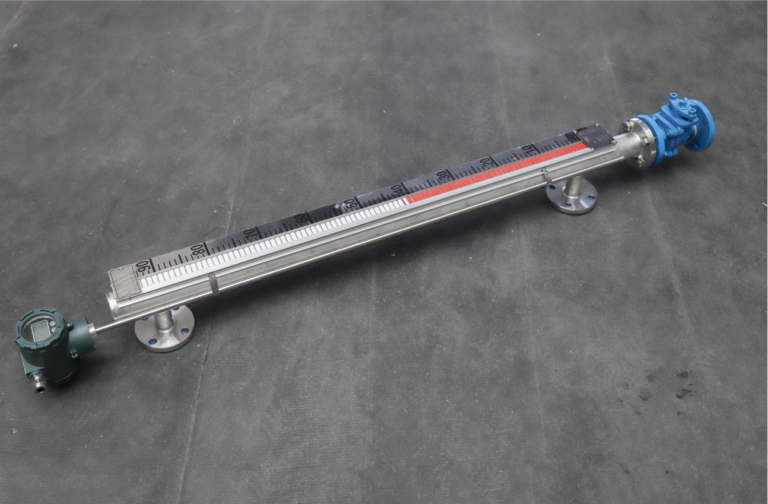
3). Cleaning and maintenance
Since the food and beverage industry has very high requirements for hygiene, when using a magnetic flap level meter, it is necessary to clean and maintain it regularly to ensure the hygiene performance and measurement accuracy of the level meter. Generally speaking, the level meter should be cleaned after each use to remove the liquid and dirt attached to the level meter.
At the same time, regularly check whether the magnetic flap of the level meter is flexible. If there is a jam, it should be repaired or replaced in time.
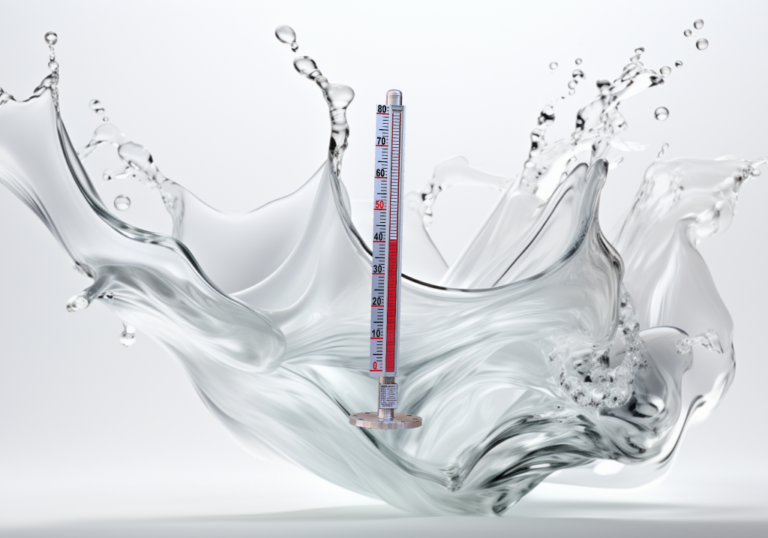
4). Regular calibration
In order to ensure the accuracy and reliability of the measurement results, the magnetic flap level gauge needs to be calibrated regularly. The calibration cycle should be determined based on factors such as frequency of use and working conditions, generally half a year or one year.
During the calibration process, the magnetic flap level gauge needs to be compared with a standard level gauge, and the magnetic flap level gauge needs to be adjusted based on the comparison results.
5). Safety Precautions
When using the magnetic flap level meter, you should pay attention to safety precautions to avoid safety accidents. First, when installing and disassembling the magnetic flap level meter, you should first close the valve and drain the liquid in the pipe to avoid liquid leakage and injury.
Secondly, during use, the magnetic flap level meter should be protected from strong impact and vibration to avoid affecting its measurement accuracy and service life. Finally, when cleaning and maintaining, you should first cut off the power supply and wear protective equipment to avoid electric shock accidents.
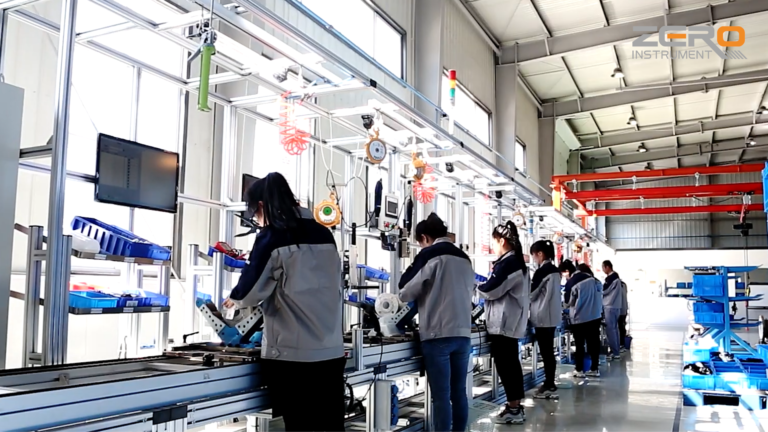
6). Consideration of environmental factors
In the food and beverage industry, the production environment is usually affected by factors such as temperature, pressure, and humidity. These environmental factors may affect the measurement accuracy of the magnetic flap level gauge. Therefore, it is necessary to select a suitable magnetic flap level gauge according to the specific production environment and take corresponding protective measures.
For example, if the temperature of the production environment is high, you may need to choose a high-temperature resistant magnetic flap level gauge; if the pressure of the production environment is high, you may need to choose a high-pressure resistant magnetic flap level gauge.
7). Compatibility with other equipment
In the food and beverage industry, magnetic flap level gauges usually need to be used in conjunction with other equipment, such as control systems, valves, etc. In order to ensure the normal operation of the entire production system, it is also necessary to ensure the compatibility of the magnetic flap level gauge with other equipment.
When selecting a magnetic flap level gauge, factors such as the interface type and signal output method with other equipment should be considered, and matching equipment should be selected according to actual conditions.
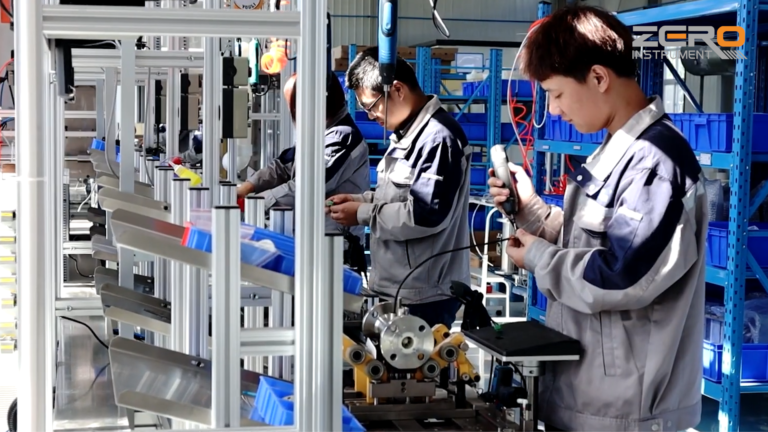
3. Conclusion
In short, magnetic flap level gauges are widely used in the food and beverage industry, but when using them, attention should be paid to material selection, installation method, cleaning and maintenance, regular calibration, safety precautions, environmental factors, and compatibility with other equipment to ensure the accuracy and reliability of the measurement results, thereby ensuring the smooth progress of the entire production process.
